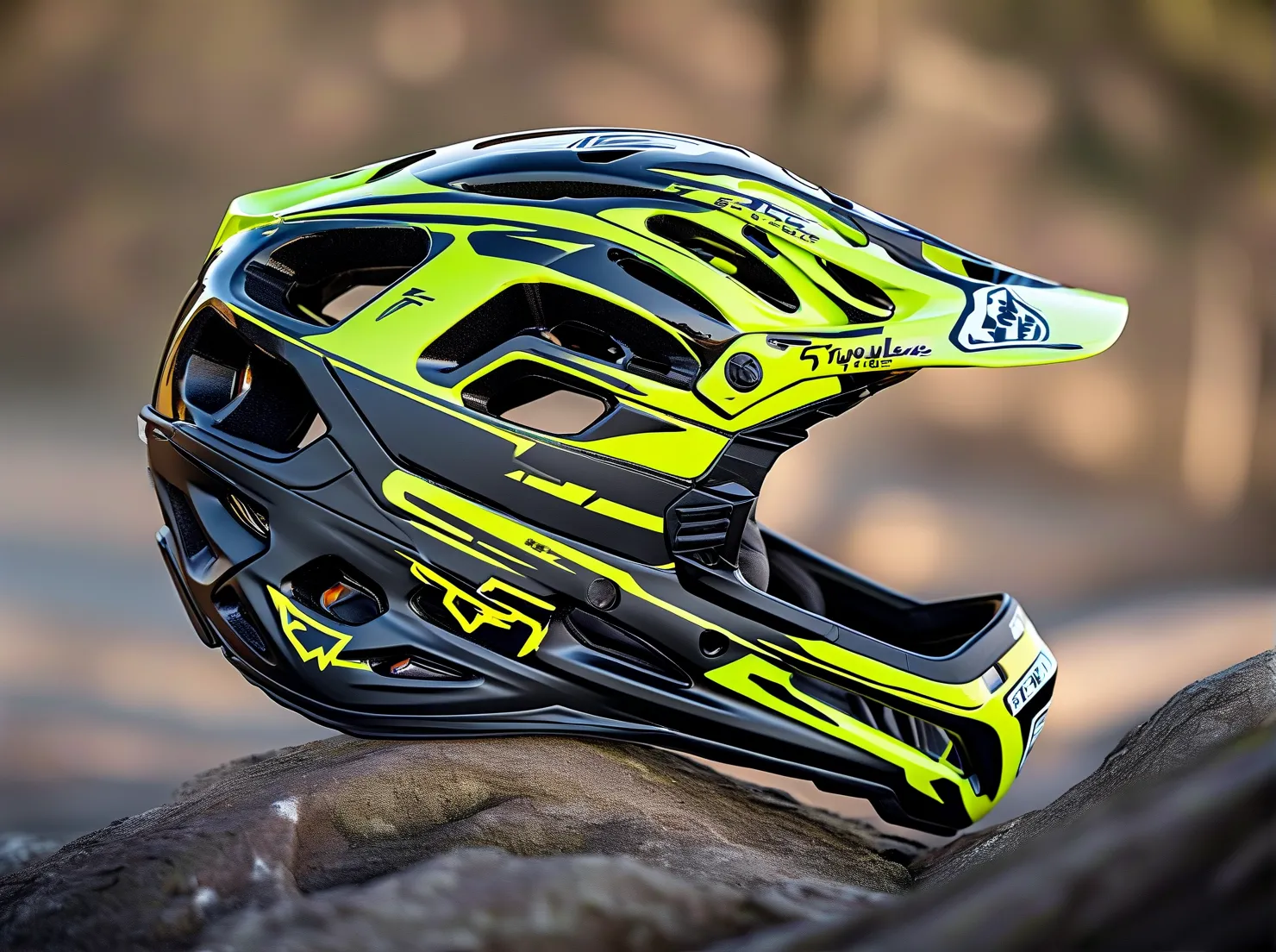Riding a motorcycle through Fort Worth’s scenic routes like Trinity Trails or the Fort Worth Stockyards can be exhilarating, but first-time riders often face a maze of questions about training and certification. Whether you’re eyeing a weekend cruiser or a daily commuter bike, understanding the process of motorcycle classes in Fort Worth ensures you start your journey safely and legally.
What Types of Motorcycle Classes Are Available in Fort Worth?
Fort Worth offers courses tailored to different skill levels. The most popular is the Basic RiderCourse (BRC), approved by the Texas Department of Public Safety (DPS). Designed for beginners, this 15-hour program combines classroom instruction and on-cycle training, covering fundamentals like braking, turning, and collision avoidance. For experienced riders, the Advanced RiderCourse (ARC) sharpens skills with high-speed maneuvers and emergency strategies. Many local schools, such as Ride Smart Texas, also offer private lessons and three-wheel motorcycle training.
Do I Need a Motorcycle License to Take a Class?
No—you don’t need a motorcycle license to enroll in most beginner courses. In fact, completing a DPS-approved Basic RiderCourse waives the written exam and riding test at the DMV. Participants only need a valid driver’s license or learner’s permit. However, check with your chosen school for specific requirements, as some may ask for proof of medical insurance or a helmet (which they often provide).
How Long Does It Take to Get Certified?
Most beginners complete certification in 2-3 days. For example, the Basic RiderCourse typically spans two days: five hours of classroom learning on day one and ten hours of hands-on riding on day two. Schools like Texas Motorcycle Academy offer flexible weekend or weekday schedules to accommodate working professionals. After passing the course, you’ll receive a completion card valid for two years to apply for your motorcycle license.
What’s the Cost of Motorcycle Training in Fort Worth?
Prices vary by course type and provider. The Basic RiderCourse averages $200–$350, while advanced classes range from $150–$250. Some schools bundle gear rentals (helmets, gloves) into the fee, but confirm this beforehand. Financial assistance may be available through programs like the Texas Motorcycle Safety Coalition, which partners with local schools to subsidize training costs for eligible riders.
Can I Use My Own Motorcycle for Training?
Yes—most schools allow you to bring your own bike if it’s street-legal and insured. However, beginners are encouraged to use training motorcycles provided by the school. These bikes are lightweight (typically 250cc–500cc), easier to handle, and minimize repair costs in case of drops during practice. Instructors will inspect personal motorcycles for safety compliance before allowing their use.
What Gear Do I Need for Motorcycle Classes?
Texas law mandates helmets for riders under 21, but instructors strongly recommend them for all participants. Essential gear includes:
– DOT-approved helmet
– Eye protection (goggles or face shield)
– Long-sleeved jacket and pants (abrasion-resistant material)
– Over-the-ankle boots
– Full-fingered gloves
Schools often supply helmets and gloves if you don’t own them. Avoid loose clothing or open-toed shoes—safety is prioritized in all exercises.
How Do I Choose the Right Training School?
Look for DPS-approved providers with experienced instructors certified by the Motorcycle Safety Foundation (MSF). Read reviews on platforms like Google and Yelp to gauge student satisfaction. For instance, Fort Worth Motorcycle School boasts a 98% pass rate and offers small class sizes (max 6 students per instructor). Confirm that courses include both written exams and riding evaluations aligned with Texas licensing standards.
What If I Fail the Riding Test?
Failing the skills evaluation doesn’t mean you’re barred from riding. Most schools allow one free retest within 30 days. Instructors provide detailed feedback on areas needing improvement, such as clutch control or slow-speed balance. Practice sessions at facilities like Eagle Canyon Motorcycle Park can help build confidence before retesting.
Does Certification Transfer If I Move Out of Texas?
Yes—MSF certifications are recognized nationwide. However, licensing requirements vary by state. For example, California mandates its own skills test even with out-of-state training completion. Check the DMV guidelines in your new state to ensure compliance.
Final Steps After Completing Your Course
Once certified, visit a Texas DPS office with your completion card, ID, and payment for the motorcycle endorsement ($16 fee). You’ll receive a temporary license while your new card is processed. Remember, certification isn’t just about legality—it’s about building habits that keep you safe on Fort Worth’s bustling highways and winding backroads.
By addressing these FAQs, new riders gain clarity on navigating Fort Worth’s motorcycle training landscape confidently. Always prioritize accredited programs and continuous practice to enjoy the freedom of riding while minimizing risks.




Leave a Reply